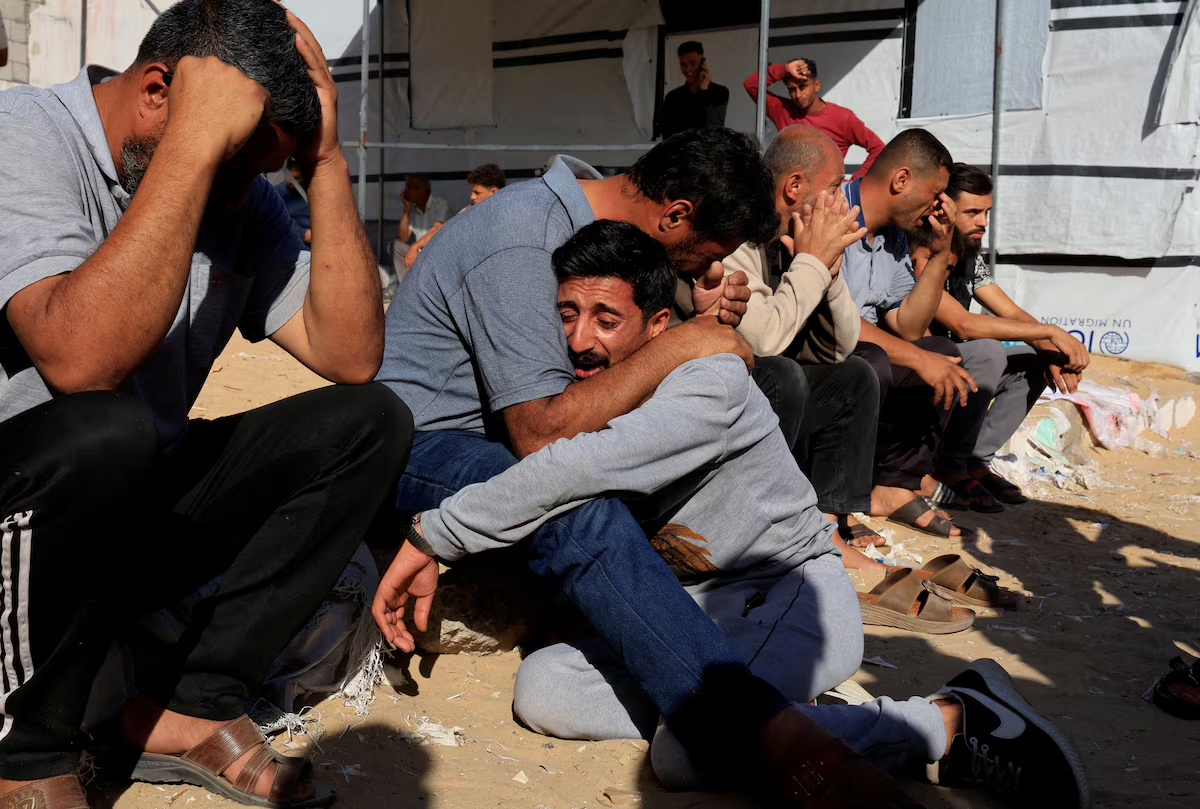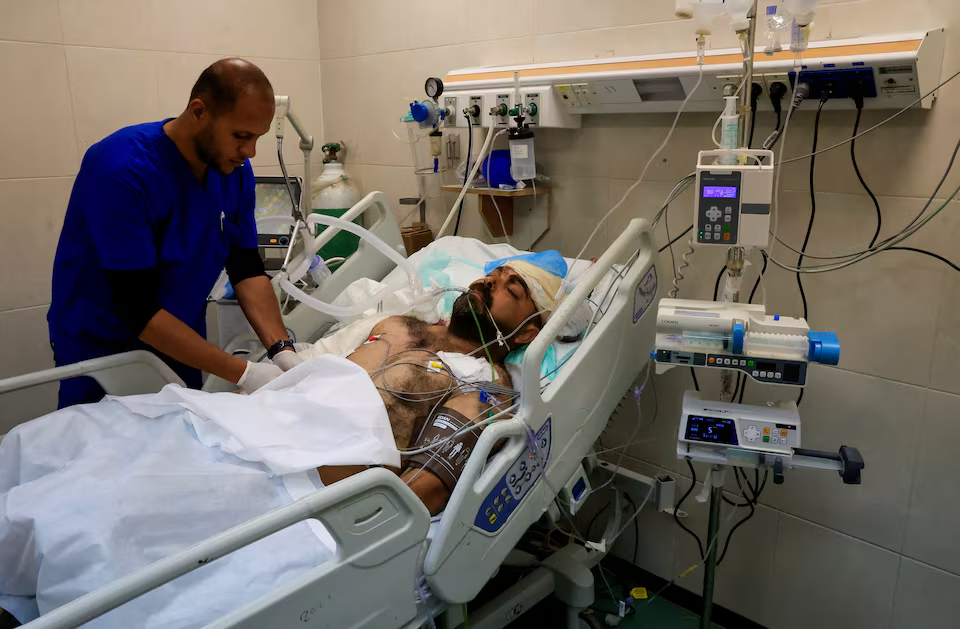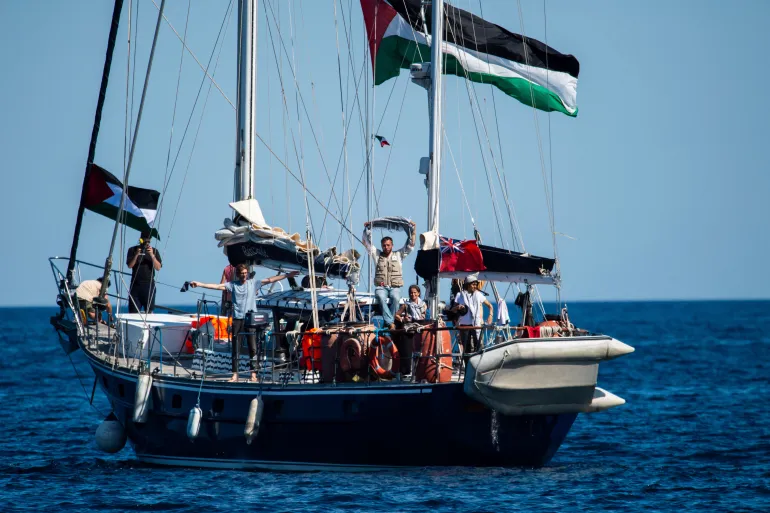In a major diplomatic move following a recent military operation against Pakistan, the Indian government has decided to dispatch all-party delegations to key global capitals in an effort to rally international support for its actions and narrative. The decision, confirmed by senior officials in New Delhi, comes amid rising regional tensions and mounting scrutiny from international actors.
The delegations will comprise members from across India’s political spectrum, including ruling Bharatiya Janata Party (BJP) representatives and members from opposition parties such as the Congress, Trinamool Congress, and Janata Dal (United). The government said the inclusive nature of the delegations is aimed at presenting a unified national front to the global community.
The diplomatic initiative follows what India has described as a “precision military strike” against “terror launch pads” on Pakistani territory. While the exact details of the strike remain classified, Defense Minister Rajnath Singh stated that the operation was a “measured and necessary response” to prevent imminent cross-border terrorist attacks.
India’s Ministry of External Affairs confirmed that the delegations will visit countries including the United States, United Kingdom, France, Russia, and members of the Gulf Cooperation Council. The goal is to justify the strike, highlight India’s longstanding concerns about cross-border terrorism, and prevent diplomatic fallout or mischaracterization of the country’s actions.
Speaking to the media, Foreign Secretary Vinay Mohan Kwatra said, “These delegations are tasked with engaging with policymakers, civil society, and media institutions to explain India’s position with clarity and unity. We expect our friends and partners to understand the gravity of the threat we face and our right to self-defense.”
This diplomatic outreach has drawn a mix of praise and skepticism domestically. Supporters argue that the initiative showcases India’s democratic maturity and commitment to dialogue even during conflict. “Sending a unified delegation, including opposition leaders, underscores India’s seriousness and strategic transparency,” said international affairs analyst C. Raja Mohan.
However, critics have questioned the timing and necessity of the move, particularly given the secrecy surrounding the military operation. Some members of the opposition have accused the government of using the delegation as a PR exercise rather than a genuine diplomatic mission. A Congress spokesperson stated, “We were not consulted on the nature or planning of the strike. Now we’re being asked to endorse it internationally. This seems politically motivated.”
Despite these concerns, many in India’s strategic community view the initiative as necessary, especially in light of growing Pakistani lobbying efforts to frame the incident as aggression. Islamabad has already begun a counter-diplomatic campaign, accusing India of violating its sovereignty and targeting civilians. Pakistan’s foreign ministry has called for an emergency session at the United Nations Security Council, although it remains unclear how the global body will respond.
Meanwhile, the situation on the ground remains tense. Pakistan has put its armed forces on high alert and warned that it reserves the right to respond “at a time and place of its choosing.” In response, India has reinforced border defenses and advised citizens to avoid non-essential travel to certain northern border areas.
International reactions have been cautious so far. The United States urged restraint from both nations while reaffirming its support for India’s counterterrorism efforts. China, which maintains close ties with Pakistan, expressed “deep concern” over the escalation and called for both sides to resolve differences through dialogue.
India’s decision to deploy all-party delegations marks a strategic shift in its diplomatic approach. It suggests a recognition that winning the narrative internationally is just as important as succeeding militarily. In an age of rapid information warfare and geopolitical polarization, such proactive diplomacy could prove crucial in shaping global perceptions.
As the delegations prepare to travel, New Delhi hopes that a display of national unity—amid conflict—will bolster India’s global standing and reinforce its case for self-defense against terrorism. Whether this bold gamble will pay off on the international stage remains to be seen.
Source: Sri Lanka Guardian



